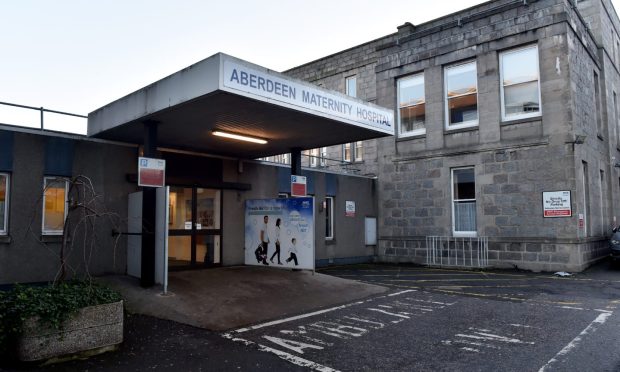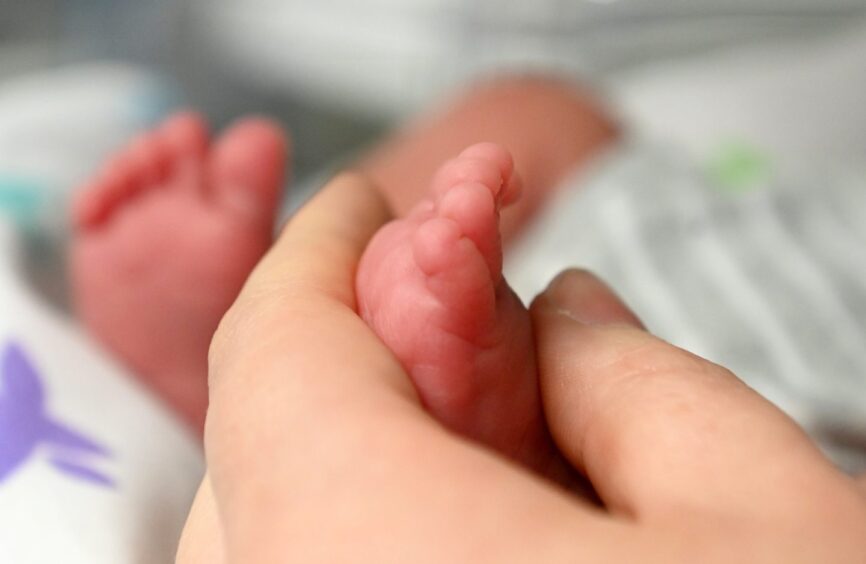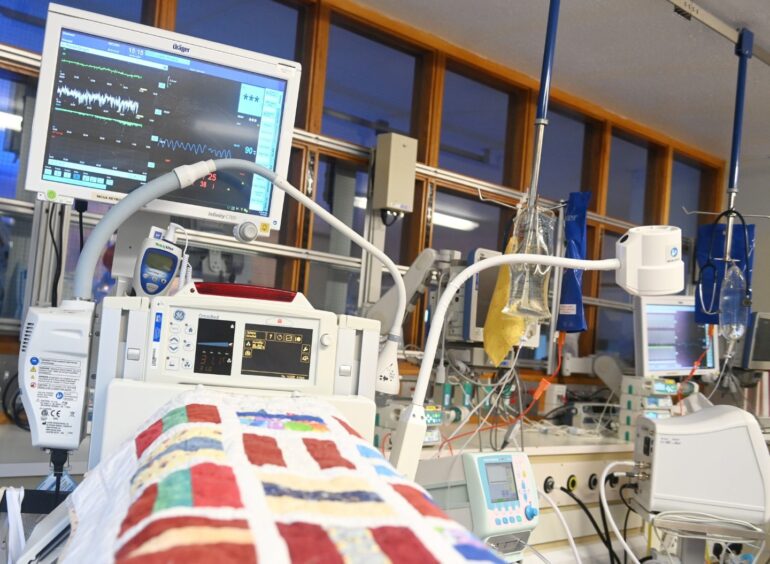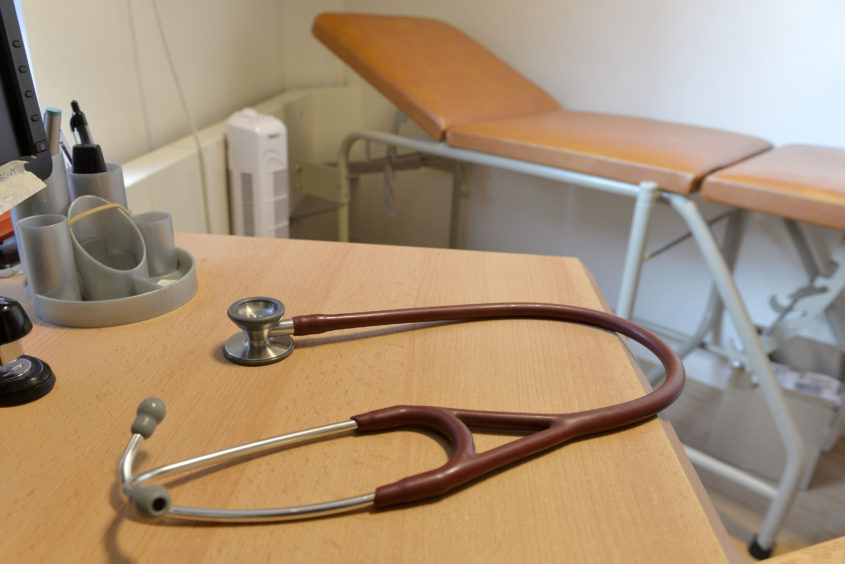Doctors are raising patient safety concerns over a neonatal post in Aberdeen they describe as “experimental”
Some medics questioned whether the “physician associate” role is appropriate because it comes with limited medical education.
One said it could be unsafe and described it as “experimentation”.
The £46,000 a year role is based at Aberdeen Maternity Hospital neonatal unit, where babies requiring medical intervention are cared for.
Physician associates, knowns as PAs, are people from a science or other non-medical background who undergo a two-year training course.
Aberdeen University is one of a handful of universities offering the post-graduate course, but the increasing use of PAs across the UK has proved controversial.
Doctors and other healthcare professionals cite patient safety concerns in their calls for recruitment to be frozen.
Leading medics called for PAs to be banned from diagnosing patients after several incidents, including the death of a 30-year-old woman who was told she had a strain and was given anxiety medication when she actually had a blood clot.
Asked about the job advert, one doctor told The P&J: “Children and babies in particular can be unpredictable even for very experienced doctors.
“I have real concerns about any PA working in neonatal care when we have no way of measuring their knowledge or skills.”
They said it was “especially worrying” the job advert mentions out-of-hours cover when support from senior doctors could be more limited.
A second doctor, writing on social media, said: “It is my honestly-held belief that those providing clinical care to neonates should be qualified doctors and nurses.”
‘This is not safe for patients’
A third described the role as “experimentation” on patients. He added: “This is not safe for patients.
“The Scottish Government need to step in and freeze the recruitment of further PAs until we know the evidence base around their use.”
It echoes calls from the Royal College of Physicians Edinburgh, who called for a suspension on recruitment to protect patient safety.
One Grampian surgeon, in an interview with The Press and Journal prior to the job advert for the neonatal unit, explained why doctors group the British Medical Association is concerned.
Why are doctors worried?
Consultant orthopaedic children’s surgeon Simon Barker, deputy chair of the BMA, said the role was “not well defined”.
The doctors’ union called for a limited scope of practice to be set out. Mr Barker said without this, it’s difficult to be confident of a PAs skills.
He also expressed concerns PAs could be used to fill gaps in medical rotas, working in place of qualified doctors.
Mr Barker said: “There’s a risk that somebody might be slotted into that role who is a physician’s associate who doesn’t have the skill set necessary to deliver the care that person needs to deliver.
“They are vulnerable because they might feel very exposed and unable to make the decisions that they need to make.
“Also, the patient isn’t necessarily going to get appropriate treatment. That’s where the worry lies here, that it’s so ill-defined.
“There’s lots of good care delivered by physicians associates right now across the country, and they’re doing a good job.
“This is not to have a go at individuals, but there is an overlying concern here about the sort of mission creep that’s going on in terms of people doing more and more things that they haven’t necessarily had the training to enable them to do.”
A spokesperson for NHS Grampian defended the job advert, saying PAs are “long-standing” part of their workforce.
He said: “They play an important role in delivering enhanced clinical capacity within multi-disciplinary teams, supporting our wider efforts to ensure the safe and sustainable delivery of clinical services.
“They work in a supported and supervised way following the guidance set out by the Faculty of Physician Associates which is hosted by the Royal College of Physician’s (London).”




Conversation